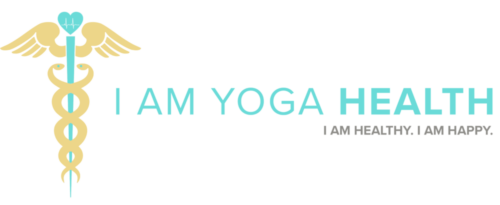As winter kicks off and snowstorms strike across the country,
the risk of heart attack rises.
Fact: More people die of heart disease in the winter, especially the months of December and January. Why?
We’ve all heard the stories about someone who suffered a heart attack while shoveling snow. Is it the cold weather? Is it the physical activity? Is it the dark days of winter? Is it stress? Turns out, all of these factors play a role.
Cold weather causes the arteries to constrict, which then raises blood pressure and pulse rate. These increases put additional strain on the heart.
Additionally, hormonal changes that come with the colder weather can make blood more conducive to clotting. Cortisone levels in the wintertime fluctuate with the colder weather, causing platelets to become ‘sticky”. These sticky platelets allow clots to form more easily. For people with known heart disease this can exacerbate their disease. As the arteries constrict due to cold air, blockages become more severe.
While intense physical activity certainly puts a strain on the heart, cold weather is an exacerbating factor which leads to an increase in heart attacks and fatalities over the winter season.
Although many experts believe that colder temperatures cause heart attacks, if temperature is the sole factor then people who live at higher altitudes, where it is generally colder, should be more likely to die from heart attacks as well. Right? However, this is not the case.
Fact: Heart attacks are less common closer to the equator, less common in the summer, and less common at higher altitudes.
Fact: Vitamin D-UVB light is higher closer to the equator, higher in the summer, and higher at higher altitudes. So, lack of sunlight and Vitamin D deficiency may also play a role.
Finally, stress can certainly play a role. How else can we explain that the 3 riskiest days of the year to have a heart attack are: Christmas, the day after Christmas and New Years Day.
Some tips to keep your heart healthy
- Keep Warm
- Avoid prolonged exposure to cold temperatures if you are elderly,have heart disease or risk factors for heart disease like hypertension
- Get some sun, but bundle up.
- Exercise regularly. Join a gym or check out one of many exercise you tube videos
- Do not shovel snow first thing in the morning
- Warm up the body by marching in place before heading out to shovel snow
- Stay hydrated
- Do not drink alcohol or smoke before shoveling snow
Just remember, that with each passing winter day, the days get longer and summer gets closer.
Namaste
🙏🏼 Namaste, Your Yoga Doctor




